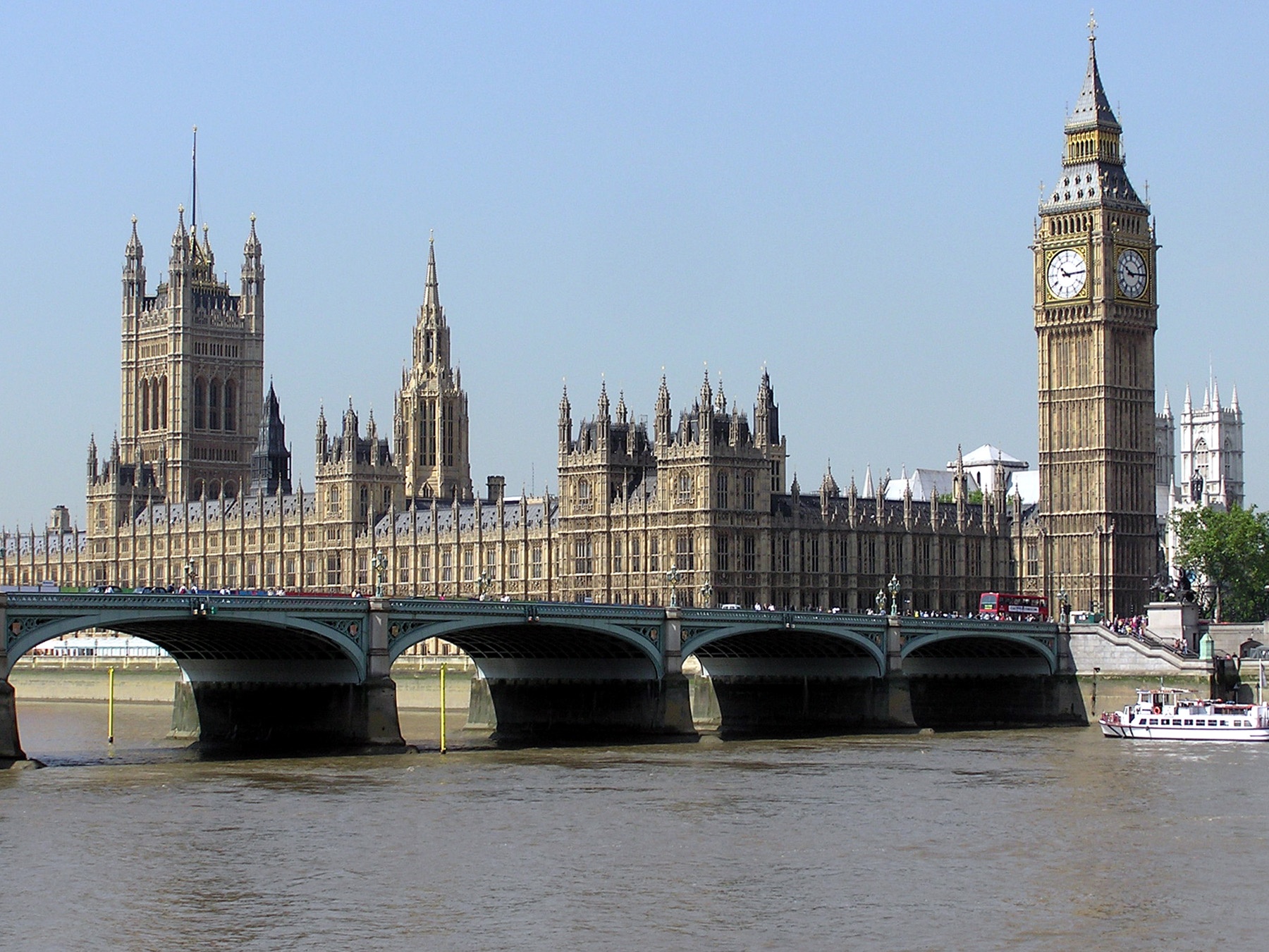Parliament has today voted in favour of the government’s plans to replace the four Vanguard class submarines with Successor submarines, based upon continuous submarine patrolling. This vote may have provided the country’s new Prime Minister Theresa May a quick and immediate opportunity to demonstrate business as usual, a new government keen to get things done post Brexit. But it will not close down the issue, for these reasons:
- Firstly, there are indications that the costs are likely to escalate in the near future. Already this Spring there were rumours that internally these numbers were experiencing upwards pressure, and that there were difficulties recruiting the project leadership that had been identified in the SDSR in November 2015. The negative impact from the Brexit vote on a declining pound alone adds around £3bn to the price tag. Much was made in the debate that the government has so far been unable to provide a precise figure on the lifetime costing of the Successor system.
- Second, the basic design of the Successor submarines has already been fixed, alongside many of the major decisions on components and their location. These submarines, based on technology available over the last five years, will face anti-submarine warfare technologies based upon what will be available in the 2030s. With such rapid changes in processing power, detection, robotics and artificial intelligence, as identified by BASIC in recent months, the assumption that submarines will remain stealthy is extremely heroic. Attempts to ensure the stealth of these submarines will also be extremely costly.
- Third, Britain’s nuclear arsenal, alongside other states, is likely to become increasingly controversial in international circles, as states attempt to strengthen moves towards a nuclear weapon free world, and ensure the nuclear armed states live up to their legal commitments. This cannot be ignored forever without severe consequences for the stability of the international system.
- Fourth, after Brexit and now the Parliamentary vote to move forward with the Trident system, pressure looks set to build in Scotland for greater autonomy and perhaps eventually independence. The overwhelming nature of this vote, with every Scottish MP bar one voting against, brings that possibility closer, and therefore not only a major impact upon the Union, but also upon the future basing of Trident submarines.
![]() This rush to a vote on such an expensive project involving issues critical to UK and international security will not be the last word.
This rush to a vote on such an expensive project involving issues critical to UK and international security will not be the last word.

